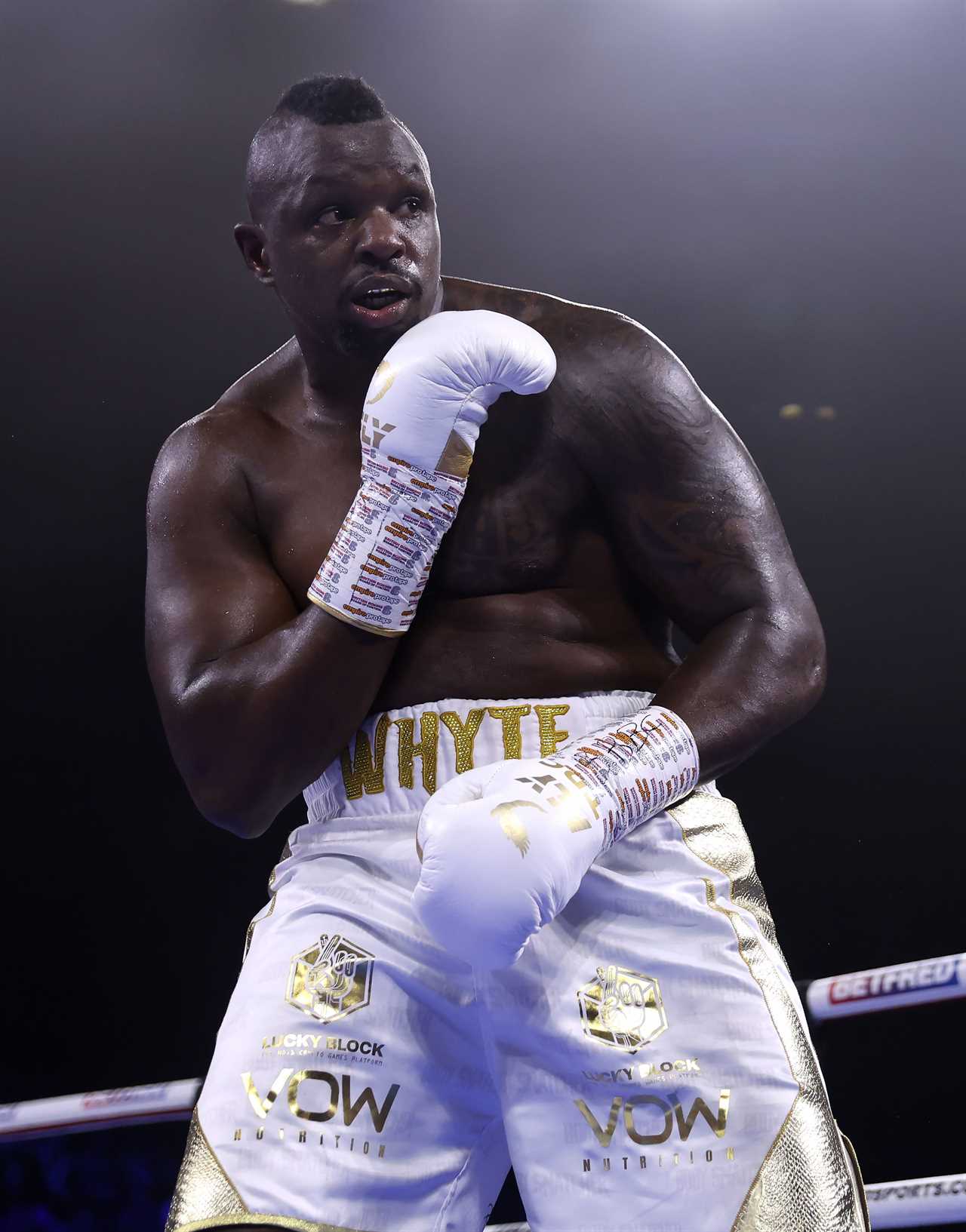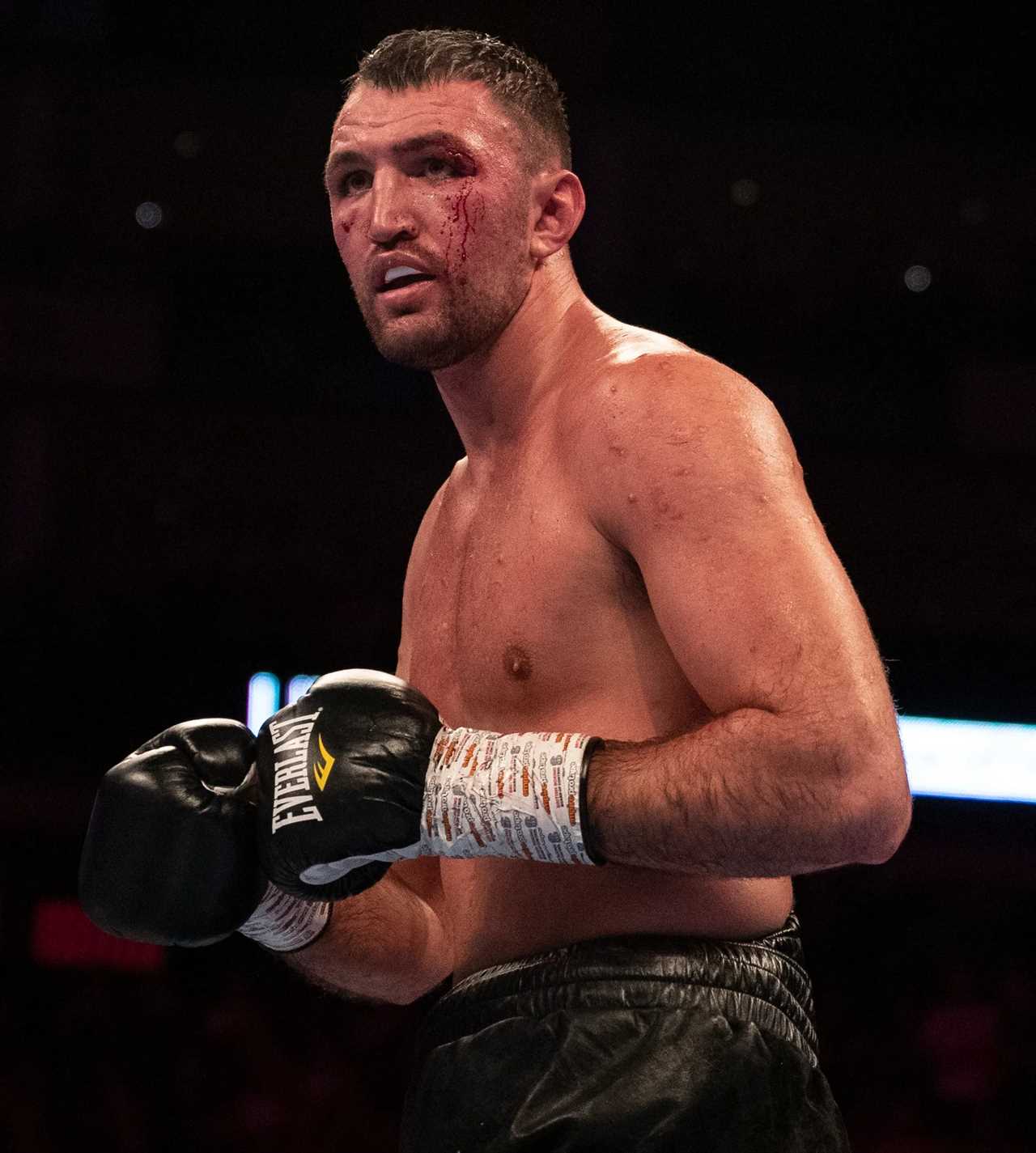
God. I just looked around my apartment and had that moment of pure panic. You know the one – where you suddenly see your living space through someone else's eyes and think, "When did I become this person?" The laundry pile has officially achieved sentience. I'm pretty sure it's plotting against me.
I was supposed to clean yesterday. Really was. Had the whole day blocked off on my calendar with the label "FINALLY GET YOUR SHIT TOGETHER." But then my sister called about her latest dating disaster (the guy showed up wearing a t-shirt with his own face on it – I wish I was making this up), and suddenly it was 7pm and I'd accomplished exactly nothing.
The $247 Cleaning Supplies I Never Use
The most ridiculous part? Back in 2019, I went through this intense "I'm-going-to-become-a-clean-person" phase and dropped almost $250 at The Container Store. My roommate at teh time just stood there watching me unpack everything with this look that clearly said "this shit won't last a week." Smartass was right.
Those fancy organizing bins are now... organizing other organizing bins. Empty ones. It's like a Russian nesting doll of my failed adulting attempts.

Wait, Is That Moving?!
Listen. I'm not saying my place is dirty-dirty. It's just... lived in. Aggressively lived in. There's a difference.
Though I did find a mysterious sticky spot on the kitchen counter yesterday that I swear wasn't there before. Where do these things come from? Do they spontaneously generate when you're not looking? Science should study this phenomenon.
The "I'll Just Put This Here For Now" Syndrome
My coffee table has become the black hole of my apartment. Everything goes there "temporarily" and then just... stays. Forever. Currently it's hosting:
- Three half-empty coffee mugs (from different days)
- A stack of mail I'm pretending doesn't exist
- My tax documents from LAST year (Jesus Christ)
- A plant that's clinging to life despite my best efforts to kill it through neglect
- Adn some kind of remote control that I genuinely can't identify
I feel stupid now because I told my mom on the phone last week that I was "really getting organized these days." She laughed so hard she snorted. Poor woman raised me for 18 years – she knows better.
The Cleaning Cycle of Shame
Every few months, I panic-clean when someone important is coming over. My boss almost stopped by last April and I cleaned so frantically that I pulled a muscle in my back. His response when I told him about my injury later: "Already updating my resume. Can't work for someone who hurts themselves cleaning." He was joking. I think.
The worst part is how GOOD it feels when everything is clean. For like, the 6 hours it stays that way.
Maybe Tomorrow?
I've got this fantasy version of myself who wakes up at 5am, does yoga, and then cheerfully tidies up while listening to educational podcasts.
Meanwhile, real me just shoved a pizza box under the couch because the trash was too full.
Dammit.
But hey – at least my chaos is authentic. And if you ever come over, I'll give you the standard 20-minute warning so I can perform the frantic "shove-everything-into-closets" dance that I've perfected over the years. Just don't open any cabinets. Like, seriously. Don't.
Frequently Asked Questions
What does it take to start training for professional boxing?
For anyone to start training in professional boxing they must have a commitment to fitness, discipline and an open mind. In the beginning, you will need to master basic fundamentals such as stance, footwork and punches. You should join a reputable gym with trainers who are experienced and understand the nuances in professional boxing competition. To develop their skills, new boxers will undergo rigorous conditioning drills as well as sparring and technique drills.
What are the main components of a professional boxer's routine?
A boxer’s regular training routine usually consists of multiple key components. They include technical skill building, tactical drills and strength and conditioning. Sparring and mental training are also included. Technique-focused workouts improve punch accuracy and defensive maneuvers, while tactical drills develop fight strategies. Conditioning exercises enhance athleticism, and sparring provides practical fight experience. Mental training is aimed at building resilience, confidence and focus.
What age can you learn to box professionally?
Professional boxing has age restrictions. Most boxing commissions require that boxers be 18 years or older to compete professionally. There is no upper limit to the age that a person can safely compete, but there are factors such as physical abilities and health. The fitness of older athletes and the risks involved in taking up professional sports must be carefully assessed before they begin.
What should one look for when hiring a boxing or training coach?
When seeking a boxing coach or trainer, one should look for experience, a successful track record with other boxers, compatibility in coaching style, and a deep understanding of the sport's technical and strategic aspects. A good boxing trainer will also focus on safety, personal growth, and conditioning. To reach your boxing potential, you need a coach who is able to motivate and communicate well.
What equipment do you need to get started in professional Boxing?
Essential equipment for anyone who wants to start in professional boxing includes boxing glove, hand wraps and mouthguard (for sparring). Also included are proper footwear. For technical training, a heavy bag, a speed bag, a double-end bag and other aids are essential. Use quality gear that is durable and offers protection. Poor equipment can lead to injury.
How important are physical conditioning and training for professional boxers?
Professional boxing requires a high level of physical conditioning. The sport demands a high level of strength, speed and endurance. Professional boxers must engage in a tailored fitness program that includes aerobic and anaerobic exercises, strength and resistance training, and flexibility workouts. Without superior physical conditioning, a boxer's ability to train effectively and perform in the ring is significantly compromised.
How long usually does it take for a person to become professional boxer.
The time needed to become a professional fighter can vary greatly. It depends on the individual's starting skill level, adaptability to the sport, and the quality of training received. On average, it could take several years of dedicated training and successful amateur experience before one is ready to turn professional. However, some exceptional talents might advance more quickly, while others may need more time to develop.
Statistics
- As per recent surveys, only about 17% of professional boxers reach a title shot opportunity in their careers.
- Around 60% of professional boxers supplement their income with other activities or jobs, due to variability in fight earnings.
- Research shows that a boxer's reaction time is typically under 0.25 seconds, honed through repetitive drills and sparring.
- Less than 10% of professional boxers are undefeated throughout their career, highlighting the sport's competitive nature.
- Nutrition experts emphasize that over 70% of a boxer's diet should focus on carbohydrates and proteins for energy and recovery.
- On average, a professional boxer spars between 100 to 200 rounds in preparation for a major fight.
- Reports suggest that successful professional boxers can earn upwards of 50 times more than the median purse for entry-level professionals per fight.
External Links
How To
How to Learn from and Analyze Professional Boxers
Understanding the sport better by learning from professionals can be a huge help. Watch the bouts carefully to learn about their movements, techniques and tactics. Be sure to pay attention to their pace control, defensive skills and adaptability to different opponents. Look at their footwork and combination to determine what is working and why. Watch their demeanor and mental fortitude under pressure. Supplement this by reading their interviews and learning about their training routines and philosophies. You can integrate this knowledge into your training and mentality.
Did you miss our previous article...
https://sportingexcitement.com/boxing/boxer-loses-his-st-sends-table-flying-at-joycehrgovic-presser
 CricketBoxingFormula 1GolfHorse RacingPremier LeagueTennisPrivacy PolicyTerms And Conditions
CricketBoxingFormula 1GolfHorse RacingPremier LeagueTennisPrivacy PolicyTerms And Conditions
